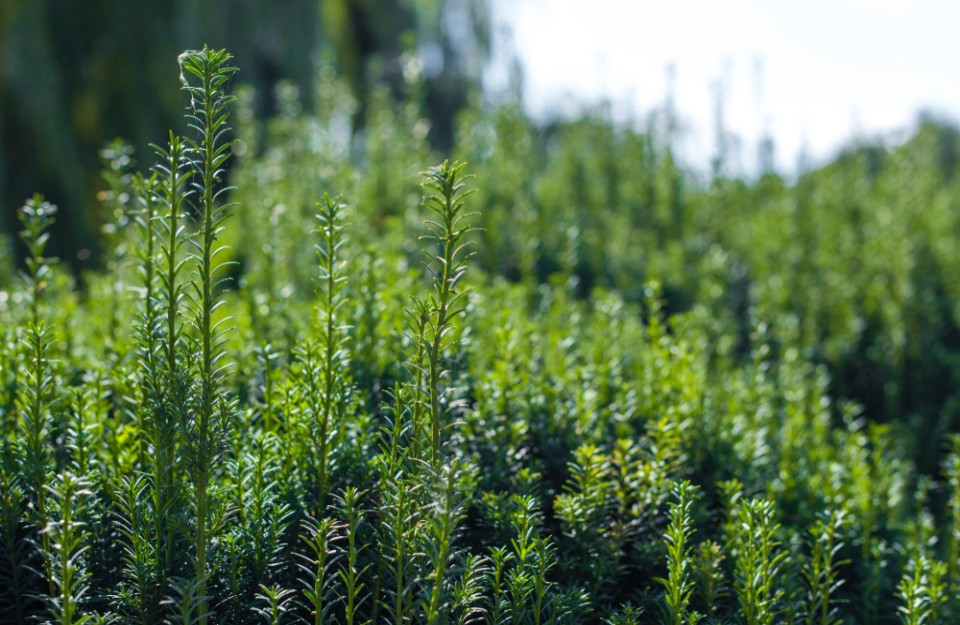[ad_1]

Farmers of UP Can reap Profits through Sesame Cultivation
The Chandra Shekhar Azad University of Agriculture and Technology has embarked on a groundbreaking research initiative. Sesame cultivation promises significant returns, and now, farmers in Uttar Pradesh have the opportunity to grow sesame during the summer months. Sesame can thrive in both summer and winter climates, presenting a lucrative avenue for farmers to bolster their earnings. Sesame cultivation is widespread across Andhra Pradesh, Gujarat, Uttar Pradesh, Tamil Nadu, Madhya Pradesh, Maharashtra, Rajasthan, West Bengal, and Telangana.
A Boon for Uttar Pradesh Farmers:
Professor Ram Batuk Singh, the Head of the Horticulture Department, highlights that CSA University is pioneering innovative farming methodologies. This includes the cultivation of sesame during the summer season. Success in this endeavor could spell immense benefits for farmers in Uttar Pradesh. Sesame holds promise for cultivation in both summer and winter seasons.
Specially Imported Sesame Seeds from Madhya Pradesh: Researchers have procured specialized sesame seeds for cultivation from Madhya Pradesh, encompassing various strains ranging from AVTS 1 to AVTS 16. These varieties encompass both white and black sesame seeds, maturing within approximately 70 to 80 days.
Major Sesame Farming in Madhya Pradesh: Professor Ram Batuk is spearheading significant sesame farming efforts in Madhya Pradesh. Even amidst the summer season, sesame crops thrive abundantly. Preparations for summer sesame farming are also underway. Specially curated seeds have been sourced from Madhya Pradesh for this purpose and have been planted for experimental purposes at Chandra Shekhar Azad University. Sesame is primarily utilized in oil production.
Optimal Weather Conditions for Sesame Farming: Professor Ram Batuk Singh, heading the Department of Horticulture, highlighted that sesame farming necessitates a hot, tropical climate with adequate water drainage and loamy soil. Farming should be carried out in loamy soil with proper water drainage. Sesame crops do not require excessive watering; the soil pH level should range between 5.0 to 8.0 for optimal sesame cultivation. A temperature range of 25 to 27 degrees Celsius is considered ideal for maximizing crop yield.
[ad_2]
Source link


